
Have you ever tried to order at a restaurant, but don’t know how to say what you want? The food name itself is unfamiliar, maybe even spelled in a way that could be pronounced a myriad of ways, and you don’t want to get it wrong.
This type of struggle with word pronunciation isn’t exclusive to foods. A lack of familiarity and odd spellings aren’t the only challenges that exist when it comes to words and language. Using words properly in context, getting that turn of phrase right, or even talking about historical figures and celebrities can all be tricky.
After learning the names of some commonly mispronounced foods, you can go ahead and order them, confident you are now pronouncing “bruschetta” et al. correctly.
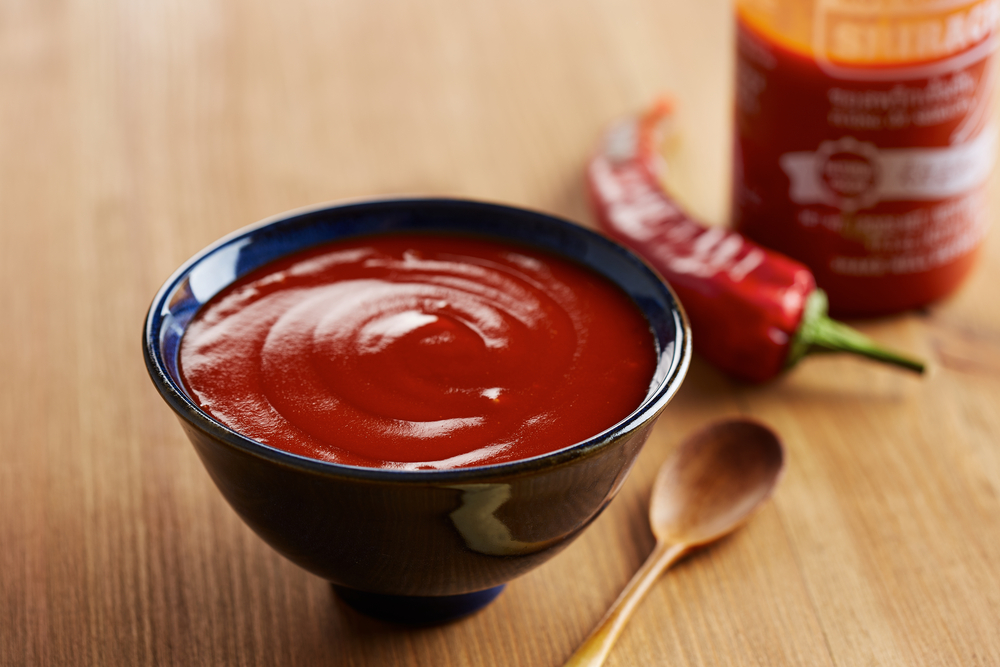
Sriracha
Sriracha, the tasty chili sauce with a kick, is Thai in origin. Since sriracha was purportedly first made in the town of Si Racha in Thailand, it’s believed that’s where the word comes from.
Sriracha is often pronounced “sir-AH-chah,” but the proper way to say it is “see-RAH-chah.” The inventor of the sauce, Vietnamese refugee David Tran, agrees.
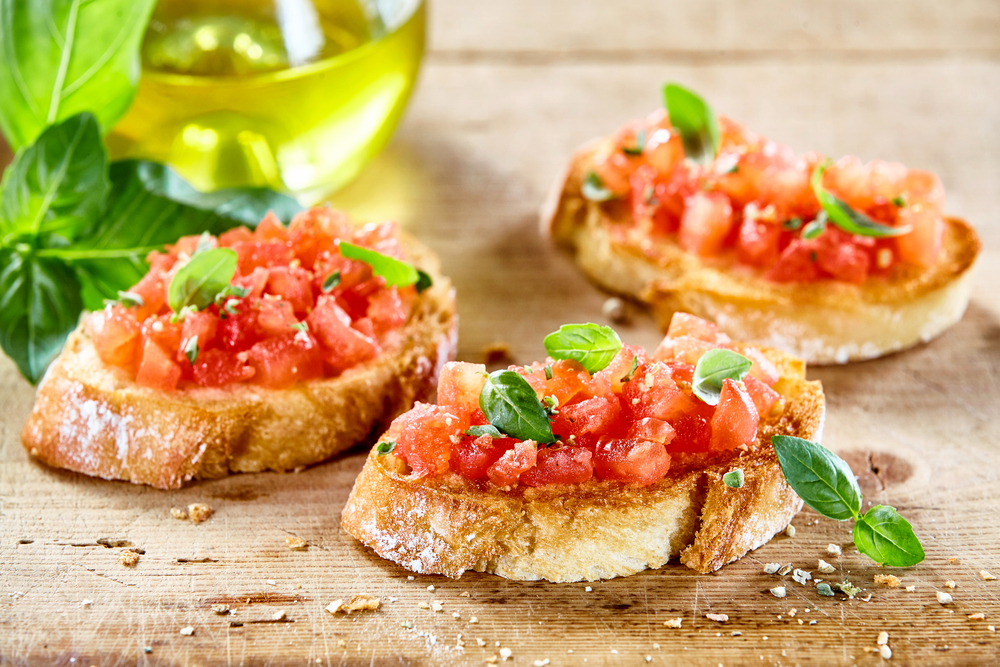
Bruschetta
Derived from the Italian verb “bruscare” – to toast – bruschetta is a relatively recent word. The first known use of bruschetta dates to 1954.
When Americans pronounce it, they usually say “broo-SHEH-tah,” but the Italian version is “broo-SKEH-tah.” The latter, according to foodies and native Italian speakers, is correct.
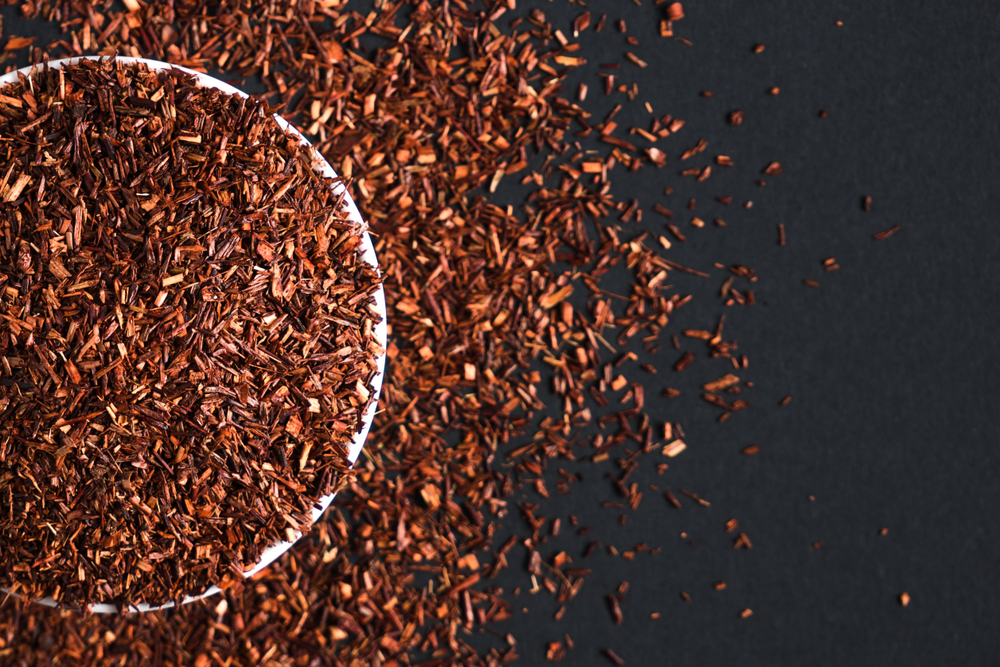
Rooibos
Rooibos is a South African shrub (AKA Aspalathus linearis) whose leaves are often used to make hot or cold teas. The word literally means “red bush.”
Saying rooibos is tricky because of the numerous vowels. The correct pronunciation of the Afrikaans word is “ROY-bos.”

Turmeric
Contrary to how many people say turmeric, the first “r” in the word isn’t silent. The correct pronunciation of the spice – also the name of the plant from which it is derived – is “TER-muh-rihk.”
Turmeric isn’t used only for cooking, however. It’s also used in Western and non-Western medicine to reduce swelling and inflammation.
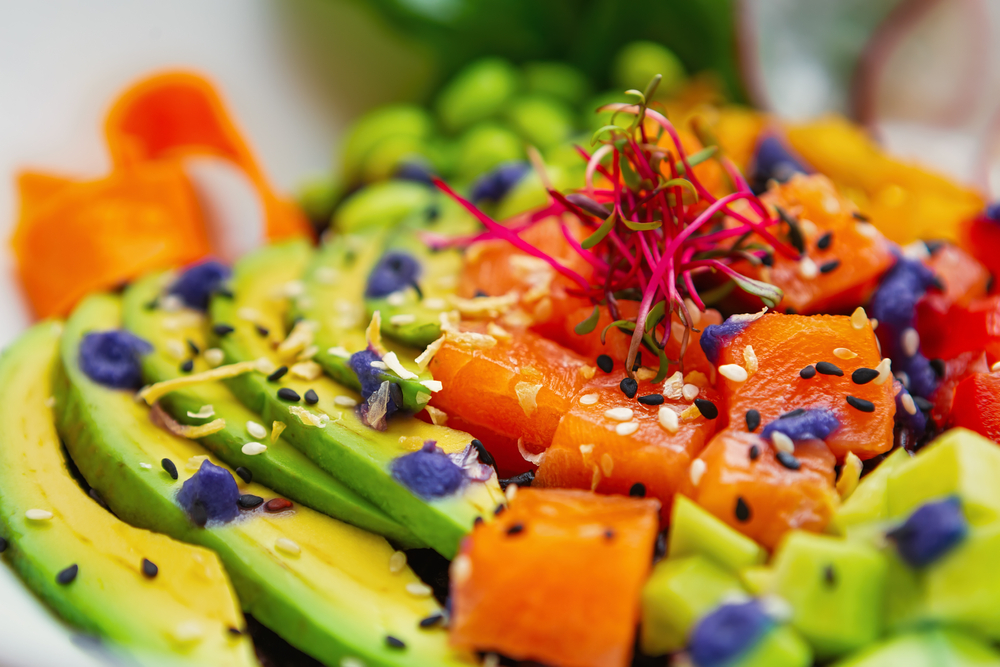
Poke
In Hawaiian, poke means “to cut,” and in the culinary world, the dish poke usually refers to sliced fish. Chef Jason Roberts describes poke as “fundamentally a Hawaiian chopped-salad, using the freshest of fish, cubed and blended with a myriad of flavours and textures.”
The word itself looks like the monosyllabic term that describes jabbing someone with your finger, but it’s pronounced “poh-KAY” (rhymes with “okay”).
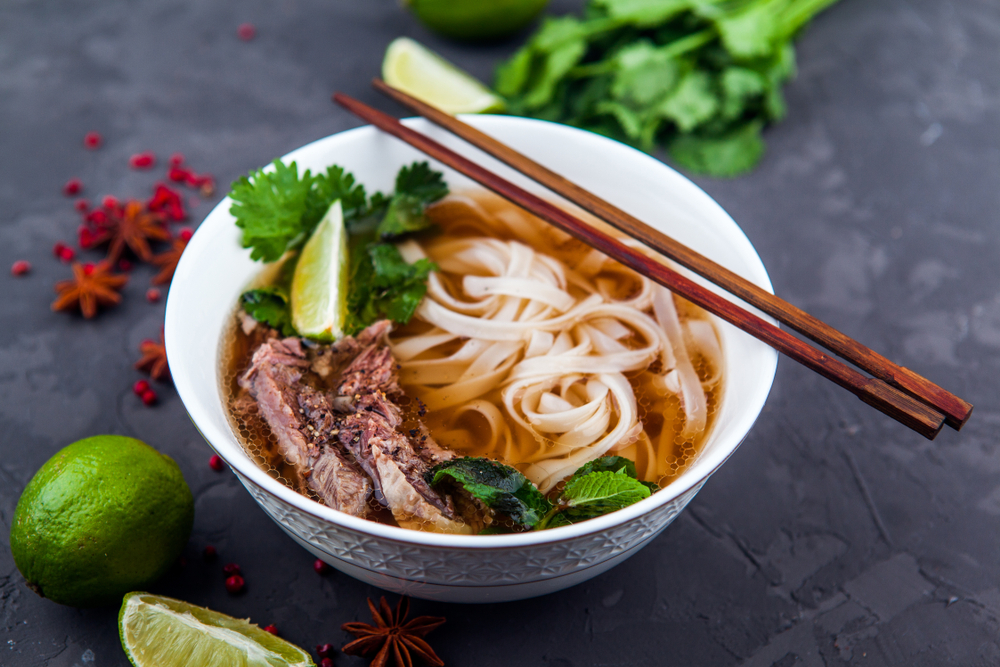
Pho
The word looks like “foe,” but the traditional way to say “pho” is “fuh.” Pho is a Vietnamese word, and although it may be heard pronounced with two syllables, or as “foe,” the “fuh” version is most common.
There are two kinds of pho – pho bo and pho ga. The former mixes noodles and herbs with beef and beef broth, while the latter uses chicken. The origins of pho are debated, with assertions that the dish includes both Vietnamese and French influences (with “faux” factoring into the pronunciation).
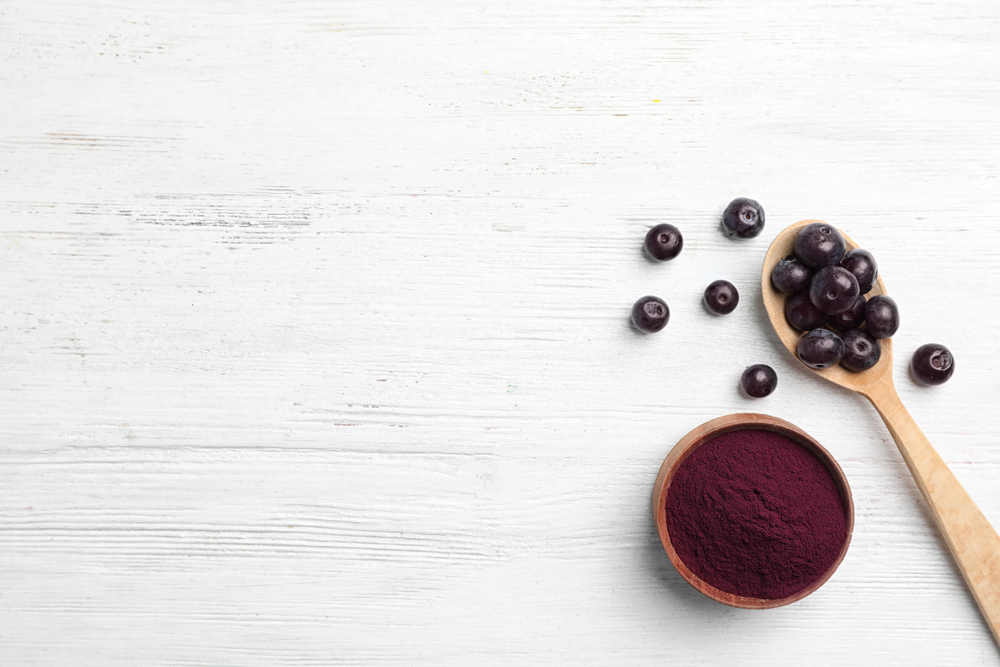
Acai
Acai generally refers to a berry found in smoothies, juices, and other foods. It’s heralded as a “superfood” by some, thanks to its antioxidant and high-fiber properties. The word acai is Brazilian Portuguese and also refers to the palm tree from which the berries come.
While acai is often heard as a two-syllable word, “ah-KAI” or “ah-SIGH,” it’s pronounced in three syllables: “ah-sah-EE” or “ah-sigh-EE.”
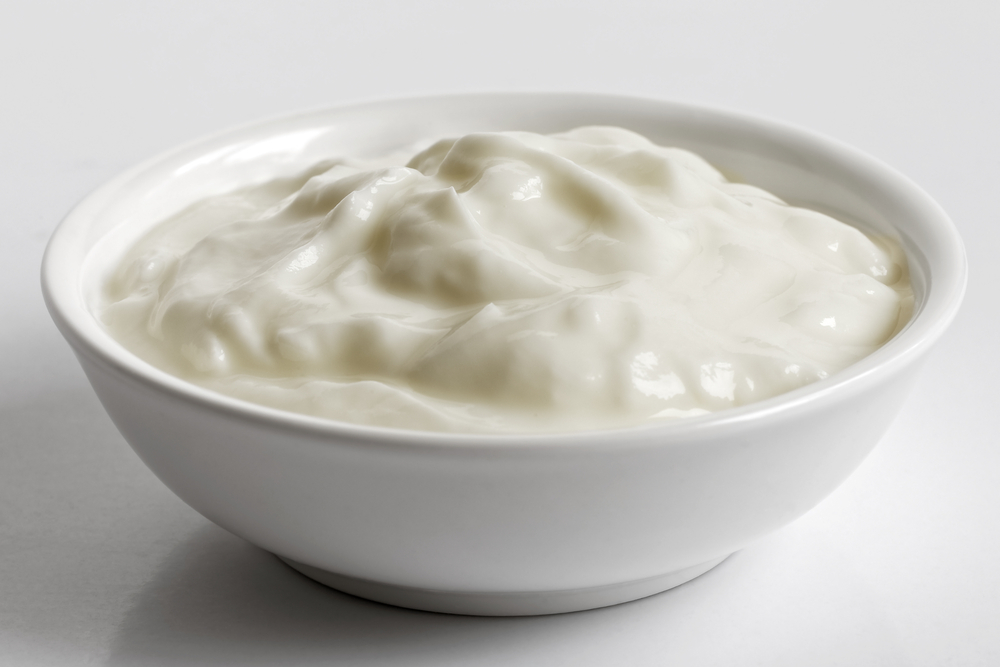
Skyr
Skyr is a yogurt that comes from Iceland, albeit one that is thicker than traditional yogurts. As a word of Scandinavian origin, skyr is pretty easy to say: It’s one syllable, pronounced “skeer” or “skier.”
To sound authentic, rolling the “r” in skyr is essential.
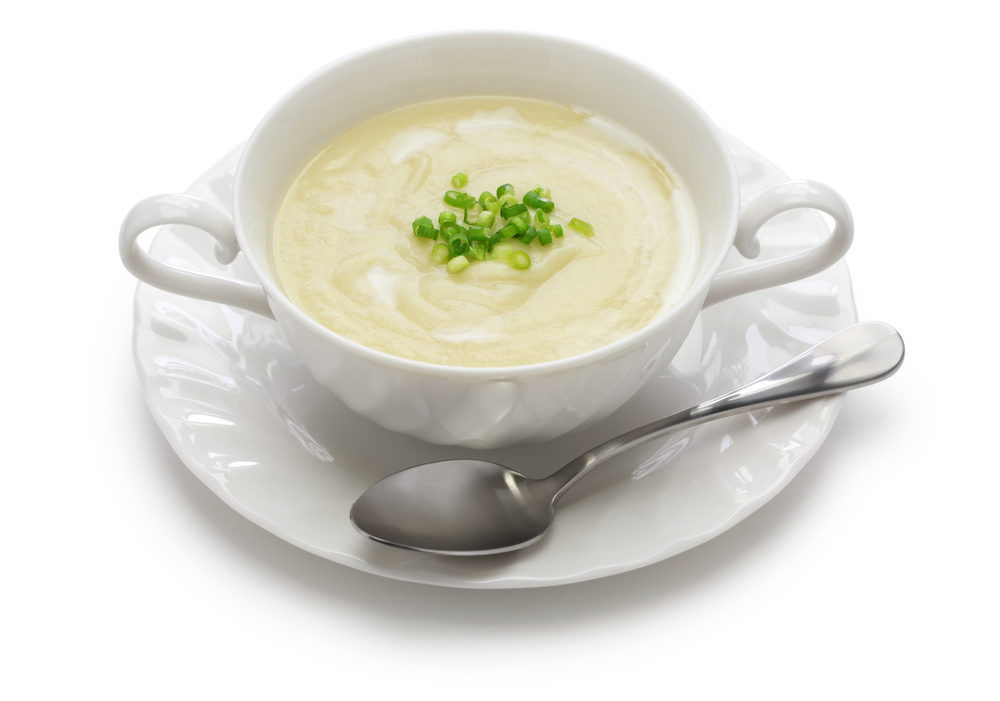
Vichyssoise
The cold, creamy leek and potato soup known as vichyssoise is French in origin. Even the most skilled chefs and foodies, however, may not pronounce vichyssoise correctly when they say “vi-shee-SWAH.”
To remain true to the French roots of the word, the last syllable should be said “SWAAZ.”
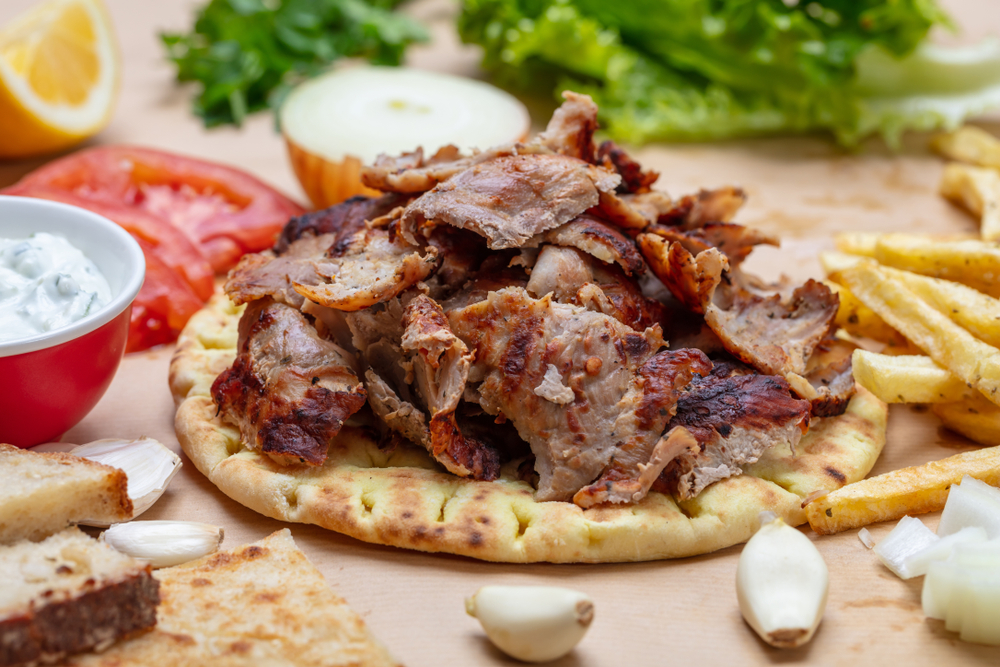
Gyro
In reference to food, a gyro is a sandwich made out of meat (usually lamb or beef), tomato, onion, and yogurt sauce, served on pita bread, a testament to the term’s origins in the Eastern Mediterranean.
Greek in nature, gyro can be heard as “GUY-ro,” “JEER-oh,” or “YUR-oh.” According to representatives at Kronos Foods, a leading maker of gyros in the US, the correct pronunciation is “YEE-ro.” But things get a little confusing in the actual Greek, because the singular term is “gyros,” and the plural is “gyri.”
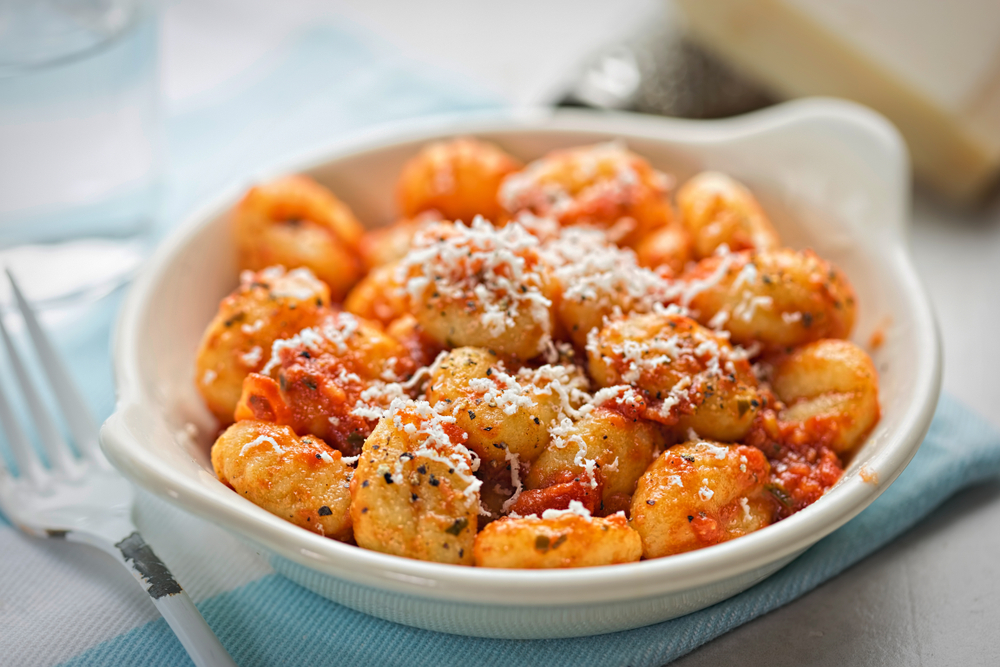
Gnocchi
Gnocchi, the plural of gnocco, are Italian dumplings generally made with potatoes, wheat, or semolina. The dish is often pronounced “NOH-key” or “NAW-key” in English.
The Italian pronunciation of gnocchi is a bit more nuanced because it uses sounds not found in English, sounding more like “NYOH-key.”

Cacao
Because the word “cacao” looks like “cocoa,” and is the source of cocoa itself, the words are often both pronounced like the more familiar “cocoa.”
Cacao, however, comes from the Aztec Nahuatl word “cacahuatl” – which means bitter and refers to a plant that produces bitter cacao pods and beans. Cacao, the uncooked beans, become cocoa.
Cacao is pronounced “kuh-KOW,” while cocoa is said “KOH-KOH.”

Quinoa
With the proliferation of quinoa in American foods, several commercials have featured jokes about how to say the word. From variations like “QUEEN-oh” and “KHO-ee-no,” there’s no paucity of mispronunciations.
The way to say the South American-derived plant and seed is actually quite simple, however. It’s pronounced “KEEN-wah.”



























































